The death sentences of four prisoners in Sheiban Prison in Khuzestan province have been upheld by the Supreme Court, and their execution is reported to be imminent.
On September 20, authorities released the names of the four men, who are from Iran’s Ahwazi Arab ethnic minority, in an online statement. They have been named as Ali Khazraji, Ali Majdam, Ali Motiri, and Hossein Seylavi.
They have been transferred to solitary confinement to await execution, and were reportedly forced to confess on television after being tortured.
***
According to sources who contacted IranWire, the four men are accused of supporting and collaborating with Arab groups opposed to the Islamic Republic. These groups, including the Al-Ahwaz Liberation Movement, campaign for independence from Iran. In addition, the four men also face murder charges, crimes to which they say they confessed to under duress. Their case was reviewed by court-appointed lawyers, and the Supreme Court upheld the death sentence.
Ali Motiri is a boxer and was arrested in 2018. His plight has come to public attention just 10 days after the execution of wrestler Navid Afkari, despite international condemnation and appeals from the human rights and sports communities for his life to be spared. Afkari had also been forced to confess under duress.
Ali Motiri, 30, was accused of killing two Basijis, members of the volunteer wing of the Revolutionary Guards. Motiri’s father is also in custody and his mother recently died. After his arrest, Motiri’s family were not told anything about his case, or whether he was even incarcerated. Eventually the family discovered he was behind bars. After being tortured, he pleaded guilty to premeditated murder and membership to an Al-Ahwazi group. As the coronavirus crisis worsened in Iran’s prions, Motiri and other prisoners protested against conditions at Sheiban Prison.
The three other inmates on death row also took part in the protests. They are all currently being held in solitary confinement while they wait for their execution date.
Ali Khazraji
Ali Khazraji called his mother from prison in mid-September and said he had been transferred, but that he did know where it was. "I'm fine, but I do not know what awaits me," he said. Soon after, the prisoner's mother went to Sheiban Prison to follow up on her son's condition. Security forces escorted her off the premises and told her that there was no one by her son’s name in the prison. In 2017, Khazraji, now 26, was shot by police during an alleged raid on a police station, and sustained injuries in his side and legs. After three days of hiding, his physical condition deteriorated and he was taken to the hospital. He was arrested soon after.
Amnesty International has previously reported that Khazraji was "sentenced to death after a highly unfair trial based on forced confessions." The organization also noted that the Islamic Republic is increasingly using the death penalty as a weapon of repression, and is carrying out greater numbers of executions at a time when concerns about popular protests are intensifying.
Khazraji has described to friends the various forms of torture he has endured. "He was tied to the bed and beaten with a cable and received lashes on his wounds that had been caused by the bullets. He had told his mother that he had repeatedly recited martyrdom verses [religious remembrance to prepare for death] under torture. On one occasion, he lost consciousness while being tortured. When he regained consciousness he was on the ground. When his wounds healed, a bag was pulled over his head and several people beat him and used him as a punching bag. He didn't even know from which direction the next punch and kick were coming."
After almost six months of torture, Ali Khazraji was put on trial and sentenced to death. During this time his two brothers and father were also imprisoned for three months. A public defendant lawyer going by the name Eskandari has been appointed to represent him.
Hossein Seylavi
Hossein Seylavi and Ali Khazraji have both been linked to an attack on a police station in Ahvaz in May 2017. The media reported that an armed group had attacked a police station known as Number 22, killing two police officers. More details later emerged, but many aspects of the case remained unclear. After a considerable delay came the announcement of the death sentences and that the accused men have been taken into solitary confinement prior to facing execution.
Ali Majdam
Ali Majdam has also been accused of collaborating with the Al-Ahwazi group, despite testimonies from local people indicating that he had always avoided political matters. They described him as a man from a humble background who is so poor that he cannot afford a refrigerator, and certainly not an air conditioner to help he and his wife survive the suffocating summer weather in Ahvaz. Ali Majdam also faces the death penalty, and has been told his execution is imminent.
All four men on death row in Ahvaz have been accused of membership to separatist Arab forces, including the Al-Ahwaz Resistance Movement. For many people across Iran, this movement means only one thing: terrorism. On September 22, 2018, four men attacked a military parade, killing 24 people and injuring at least 53 others. At the time, Yaghoub Hor al-Tostary, a spokesman for the Al-Ahwaz Arab Liberation Movement, which is linked to the Al-Ahwaz Resistance Movement, claimed responsibility, but insisted that it had not targeted civilians.
In September and again in November 2018, Islamic Republic officials stated the attackers had been executed or were in prison. Hassan Shahvarpour, the commander of Khuzestan’s Revolutionary Guards, announced at the time that the group carrying out the attack had "been destroyed.”
The Difficult Situation for Ethnic Minority Activists
Cases of activists who belong to separatist groups, often Arab ethnic groups, can pose a challenge to Iran’s human rights community, which has tended to be rather Tehran-focused and not as active on ethnic minority issues. If targeted activists have links to groups that advocate taking up arms to achieve their aims, the situation becomes even more complicated.
At the same time, these activists’ cases are rarely handled in a just manner and are often riddled with inaccuracies and flaws.
IranWire has regularly published accounts of ethnic Arab activists being detained, tortured, and sentenced to life in prison after confessing to their crimes. In July, IranWire published Sepideh Gholian’s diary, which contained extensive reports about female Arab prisoners and how they have been treated in prison. They are moving, shocking narratives of violence and pain and make for uncomfortable reading. They also provide crucial testimonies of the hostilities between Iranian officials and ethnic groups, which are widespread across Iran.
According to Arab activists, ethnic Arabs are routinely arrested on fabricated charges and then “sacrificed" in the name of Iran’s national security. Known as “security birds,” authorities keep them behind bars until a time when it is politically expedient to draw public attention to them.
Like many other defendants held on national security charges, ethnic Arab activists are represented in court by public defendant lawyers, as Khazraji has been. They are not allowed to choose their own defense and are forced to use a lawyer from a list provided by the court. According to the activists, these lawyers "do what they are ordered to do against the accused."
Fighting Against the Death Penalty
Opponents of the death penalty defend any accused person’s right to life. But many of them have expressed unease at speaking out against sentences handed out to separatists who use armed violence as a means of achieving their goals. They often remain silent on the issue. And yet this reticence plays into the hands of the officials of the Islamic Republic, giving them momentum and even justification to apply greater pressure on innocent ethnic Arabs and their families.
Iranian authorities claimed they had either detained or already executed those responsible for the attack on the military parade in Ahvaz, so the news of fresh executions comes at a strange time, when authorities are cracking down on dissenters of all varieties. Back in 2018 authorities used the September attack to arrest hundreds of people, many of them with links to the Al-Ahwaz Resistance Movement, but many others too, including rights activists without any links to violent organizations or proven records of criminality. Information about the arrests and detention of and charges against these people were often inaccessible and underreported.
So today, in a politically turbulent environment, and when the regime is working hard to build something resembling national unity amid large-scale economic and public health crises, plans to execute these four ethnic Arab citizens appears to be part of a plan to spark fear among the Iranian people.
Across Iran, there is turmoil: in prisons, on the streets of the big cities, in the country's border areas. Concerns for national security are acute, and with this, there is an understanding that violence will intensify, and along with it, growing numbers of arrests and unfair trials.
Related coverage:
Did Iran Execute Ahwazi Arabs in Revenge for the Terror Attack?
Judiciary Statement on Afkari's Execution Riddled With Legal Issues
Sepideh's Diary: A Shocking Glimpse into Women's Prisons in Iran
visit the accountability section
In this section of Iran Wire, you can contact the officials and launch your campaign for various problems




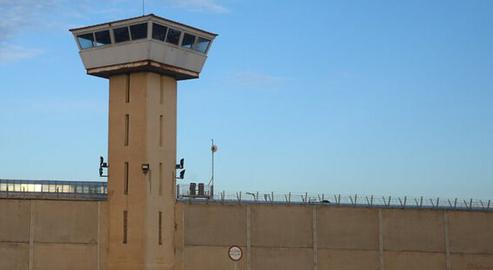
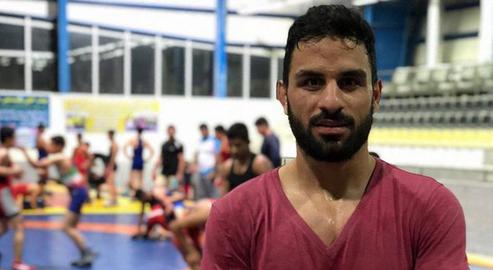
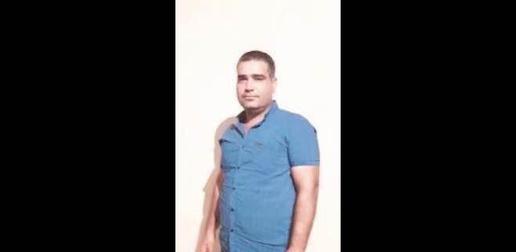
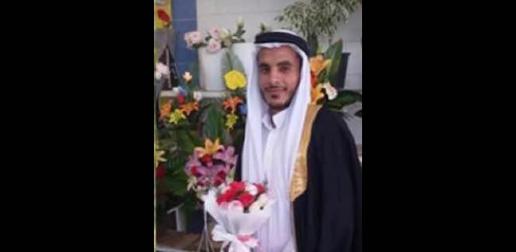
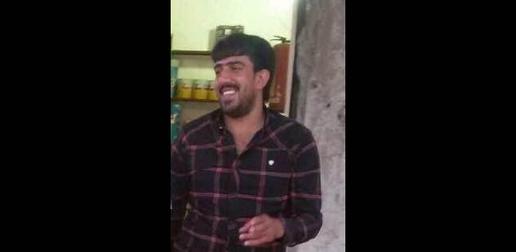



















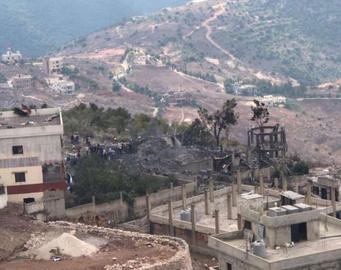
comments